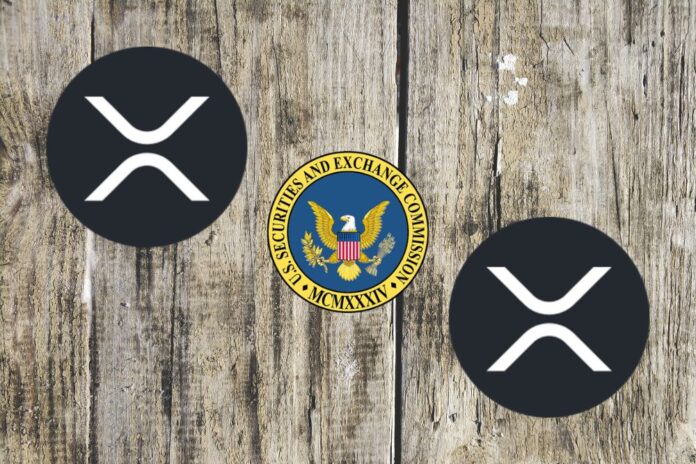The recent ruling in the long-running legal battle between the SEC and Ripple Labs has sparked discussions about potential appeals from both parties. While Ripple secured a significant reduction in the requested fines – $125 million compared to the SEC’s $2 billion demand – a key element of the judgment may lead the company to challenge the verdict.
The potential appeal lies in the court-issued injunction against Ripple. This injunction aims to prevent future violations of securities laws. However, experts like Matt Rosendin, founder of CapSign, believe the wording of the injunction might have unintended consequences for Ripple’s core business.
A Potential Impact on Ripple’s Business
Rosendin argues that the current language of the injunction could restrict U.S. institutions from directly purchasing XRP tokens from Ripple. Instead, they would be forced to acquire XRP from secondary markets. This scenario, according to Rosendin, could significantly hinder the adoption of Ripple’s On-Demand Liquidity (ODL) product within the US.
The ODL product facilitates cross-border payments by utilizing XRP as a bridge currency. Direct sales from Ripple to institutions streamline the ODL process and enhance its overall efficiency. While Rosendin acknowledges that Ripple might not necessarily require direct sales for success, the current restrictions create unnecessary hurdles.
What’s Next for Ripple’s ODL Sales
An alternative solution for Ripple, which Rosendin recently pointed out, could involve securing a federal securities exemption for their XRP sales to institutions. Specific exemptions exist that bypass the SEC’s registration requirements.
However, the available options present limitations. Rosendin, in another post, highlighted Regulation A as a potential exemption. However, this imposes a yearly sales cap of $75 million for XRP used in ODL transactions – a figure considered insufficient for Ripple’s ambitions.
We are on twitter, follow us to connect with us :- @TimesTabloid1
— TimesTabloid (@TimesTabloid1) July 15, 2023
The SEC’s stance on the matter remains unclear. While the financial penalty might seem satisfactory to the regulatory body, there are speculations that they could appeal the July 2023 ruling that categorized secondary XRP sales as non-securities. However, a potential higher court ruling on this specific aspect is unlikely to materialize before the end of 2024.
An appeal from Ripple would seek clarification on the injunction’s language and explore the possibility of acquiring a suitable exemption for their institutional XRP sales. This would allow them to resume direct sales and ensure the smooth functioning of their ODL product within the U.S. market.
The ramifications of this case extend beyond Ripple and the SEC. The outcome will set a precedent for how other digital assets are regulated within the U.S. Ripple CEO Brad Garlinghouse recently spoke on the lawsuit’s outcome, and we might hear more from him or the company about the next steps soon.
Disclaimer: This content is meant to inform and should not be considered financial advice. The views expressed in this article may include the author’s personal opinions and do not represent Times Tabloid’s opinion. Readers are urged to do in-depth research before making any investment decisions. Any action taken by the reader is strictly at their own risk. Times Tabloid is not responsible for any financial losses.
Follow us on Twitter, Facebook, Telegram, and Google News


